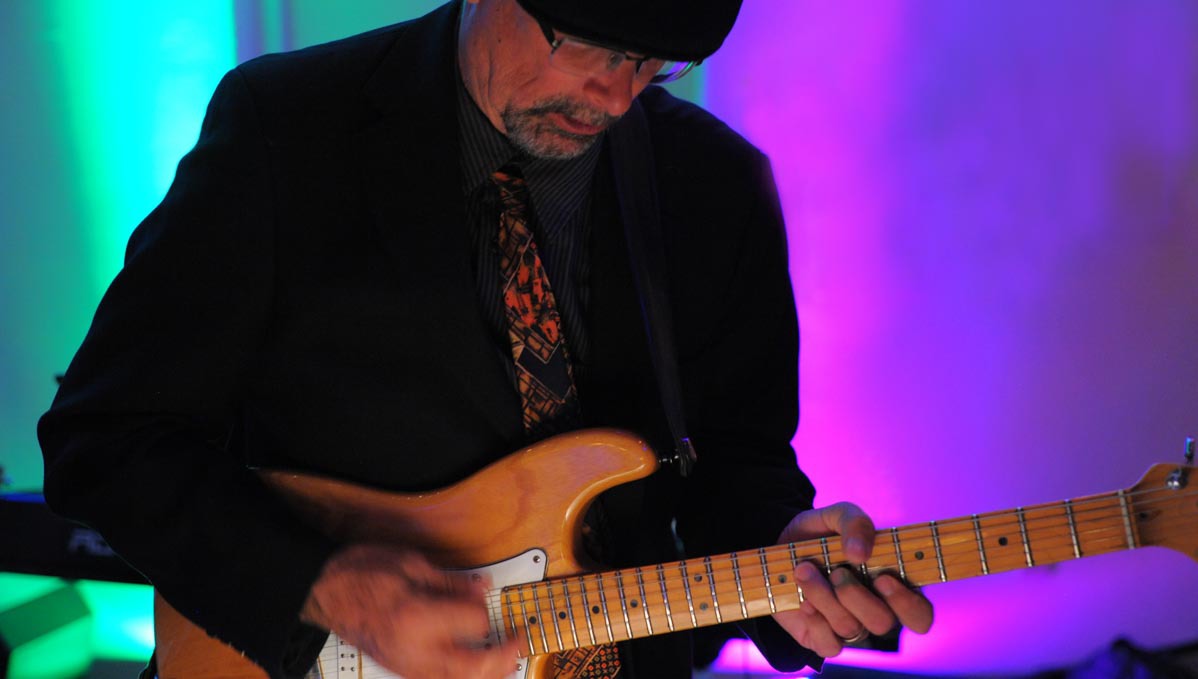

“I didn’t know what a saxophone was, but I liked the sound, and knew right then that I wanted to play, though I didn’t get a horn until I was 11.” The young aspirant practiced to Parker records, trying “to play him note for note - if possible” in the middle of his 78 copy of Parker’s “In The Still Of The Night” is a spot worn thin from incessantly practicing a phrase. “I heard Bird when I was 6,” Bartz recalls. An uncle, Sharp Bartz (“he’d go to New York, shop and come back with the slickest stuff, the latest records and stories sicians”), was into Bebop, and introduced his nephew to Charlie Parker. Born in Baltimore e soaked up Louis Jordan’s “Saturday Night Fish Fry” and “Beware” on Sunday afternoon visits to his grandmother and on expeditions with his father to the Royal Theater connecting to the saxophonist’s humor, theatricality and good-time virtuosity and swing. “I discovered Sidney Bechet and the things Johnny Hodges played on soprano, and through listening to them I found the other musicians of the different eras.”īartz was weaned on the song-form music he interprets so naturally.

“Trane was looking back, and he encouraged me to look back,” he states. Soprano Stories is a song-feast, a tribute to Bartz’s heroes, mirroring how the soprano saxophone connected him to the rich legacy of jazz. I said, ‘That’s why I want to do a soprano album!’ This is for the people who come up when I perform and ask why I don’t play more soprano - and also because I like playing it.”Īs the above-cited titles indicate, Bartz conceives albums as “a musician’s version of books,” an extended drama or narrative within music. He says, “I’ve wanted to do a soprano record for many years, but the record companies weren’t interested because they know me as an alto player.

Up to now, he’s showcased it more in live performance than on records, spotting occasional soprano features like “If This Isn’t Love” on Episode One: Children of Harlem (Challenge) or “Miss Otis Regrets” on The Blues Chronicles: Tales of Life (Atlantic).

Over the years, Bartz has developed an authoritative voice on the notoriously intractable B-flat horn, projecting an immediately identifiable sound - capacious and centered -through its entire range. When I’m playing the soprano I think of the trumpet - especially Miles- because of the range.” I can play more melodic - more ballady things, prettier songs. “The soprano isn’t a real power instrument like the alto or tenor. “I was inspired by the success of ‘My Favorite Things,’ and I liked the sound of it,” he recalls. The main man of younger alto stars like Kenny Garrett and Antonio Hart, Bartz commands the top, the middle and the bottom of the horn, blending the languages of Charlie Parker and John Coltrane, inflecting notes with a bluesman’s range of emotion.Ĭoltrane’s the reason why Bartz, like many saxophonists of his generation, picked up the soprano saxophone during the 1960’s. Usually Bartz sings them through the alto saxophone, the instrument on which he’s earned his reputation. Telling a story is the name of the game in jazz, and few improvisers can spin a tale with as much feeling, wit and intelligence as Gary Bartz.


 0 kommentar(er)
0 kommentar(er)
